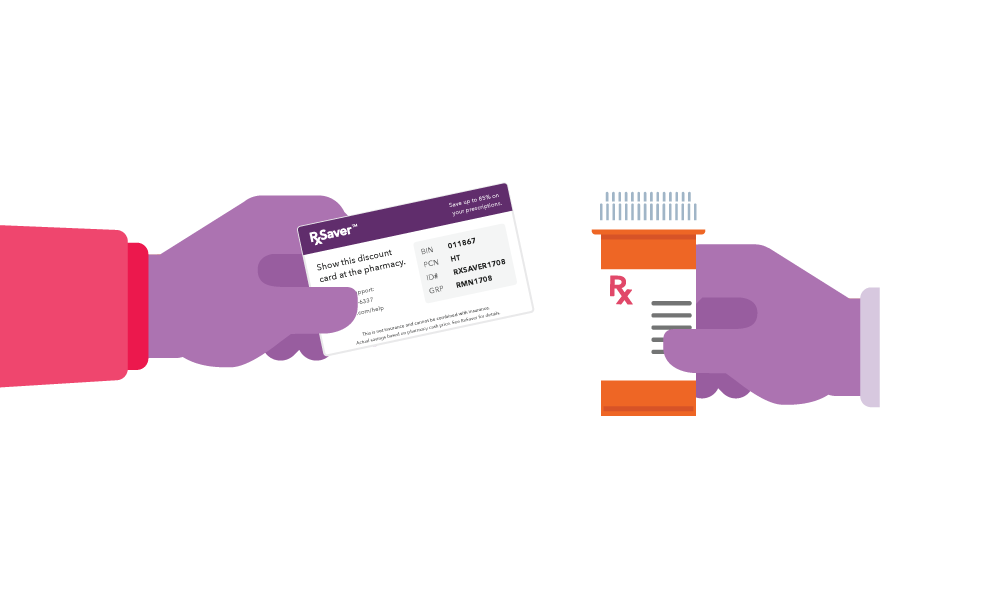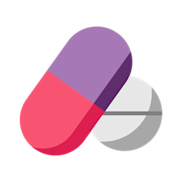
Narcolepsy affects about 1 in 2,000 people in the United States.
So how do you know if you have narcolepsy? Well, to truly know, you would need to have an expert evaluate your sleep.
Below we provide a basic breakdown of what narcolepsy is, how it can be diagnosed and possible treatment.
What is narcolepsy?
Narcolepsy is characterized by excessive sleepiness, sleep attacks, sleep paralysis, hallucinations, and for some, sudden loss of muscle control.
Signs and Symptoms of Narcolepsy
Are you extremely sleepy during the daytime?
You may have excessive daytime sleepiness, which is one of the major signs of narcolepsy. Excessive daytime sleepiness feels like you’ve been awake for 48 to 72 hours straight.
When you wake up, do you struggle to move at first?
Does your head drop suddenly, knees buckle, or jaw slacken? A more aggressive symptom, cataplexy, or the inability to move while you’re awake, is another symptom of narcolepsy. Around 60 percent of narcoleptics experience this.
Do you hallucinate or have dreams, while falling asleep?
Another major symptom that is associated with narcolepsy is hypnagogic/hypnopompic hallucinations or vivid-dreamlike experiences that occur when you fall asleep. These experiences can feel extremely lifelike.
When you try to fall asleep, are you restless?
Tossing and turning at night is one of the major signs of narcolepsy. Disrupted nighttime sleep can play a role in narcolepsy.
Do you find yourself zoning out or going on auto-pilot?
Automatic behavior is another symptom of narcolepsy. This type of behavior usually consists of you not being completely aware of your actions or you become forgetful.
Narcolepsy treatments
Depending on the severity of your narcolepsy, there are various treatments for the disorder. For example, if your physician suggests drug treatment for your narcolepsy, you may hear him mention medications like Xyrem, Provigil, and Nuvigil.
Want a free Prescription Savings Card for your wallet?
Save Up to 80% at All Major Pharmacies
Get Your Card
If you don’t feel like your narcolepsy needs drug therapy, try the following:
- Maintain a regular sleep schedule
- Steer clear of alcohol and caffeine several hours before bedtime
- Don’t smoke at night
- Exercise at least 20 minutes a day
- Do not eat large meals before bedtime
- Avoid bright lights before bedtime

RxSaver Editors
RxSaver Editors are wellness enthusiasts who help you learn how you can save the most on prescription medication costs and other health-related topics.
The information on this site is generalized and is not medical advice. It is intended to supplement, not substitute for, the expertise and judgment of your healthcare professional. Always seek the advice of your healthcare professional with any questions you may have regarding a medical condition. Never disregard seeking advice or delay in seeking treatment because of something you have read on our site. RxSaver makes no warranty as to the accuracy, reliability or completeness of this information.
If you are in crisis or you think you may have a medical emergency, call your doctor or 911 immediately.
READ MORE
Which Flu Shot Is the Most Effective for the 2021-2022 Flu Season?
Key takeaways: There are nine flu vaccines available for the 2021-2022 flu season. Some flu vaccines may be a better option for certain people,...
By Christina Aungst, PharmD
Can Anxiety Cause Fatigue?
Learn the signs and symptoms to look out for and what you can do to help overcome anxiety fatigue.
By Jennifer Hadley
What’s the Difference Between An Anxiety Attack and a Panic Attack
While many anxiety and panic disorders have similar symptoms, there are differences between various disorders even if they seem similar.
By Jennifer Hadley

